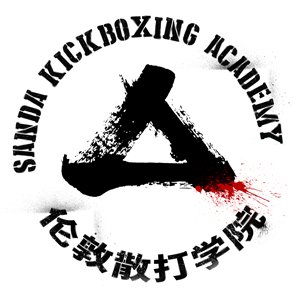The Beginner's Trap: The Art of Not Knowing
In the journey of learning martial arts, or any skill for that matter, the path to mastery is fraught with challenges and revelations. One of the most subtle yet profound obstacles is what could be termed the "Beginner's Trap"—the illusion of competence that befalls many novices. This phenomenon, where individuals overestimate their knowledge and skill level, can significantly hinder progression and, in some cases, lead to premature quitting. By understanding the Dunning-Kruger effect, embracing the philosophy of "an empty cup," and recognizing the value of acknowledging what we don't know, learners can navigate this trap and set themselves on a path to true mastery.
The Dunning-Kruger Effect and Martial Arts
The Dunning-Kruger effect is a cognitive bias wherein people with limited knowledge or competence in a domain overestimate their own abilities. In the context of martial arts, this can manifest as beginners feeling overly confident in their techniques, strategies, and understanding of the art after only a brief period of training. This overconfidence can lead to frustration, as the reality of their skill level eventually clashes with their perceived competence. The danger here is not just stagnation but also the potential for injury—either to oneself or to others—when attempting techniques or sparring without the necessary skill or caution.
The Perils of Overconfidence
Overconfidence can lead to a fixed mindset, where learners believe their abilities are innate and unchangeable rather than developed through hard work and persistence. This mindset fosters impatience and intolerance for the often slow and repetitive process of skill acquisition in martial arts. When progress doesn’t match their inflated expectations, students may feel disillusioned and consider quitting, mistakenly believing they lack the talent for it.
Embracing "An Empty Cup"
Contrastingly, the philosophy of having "an empty cup" encourages students to approach learning with humility and openness, acknowledging that there is always more to learn. This mindset is rooted in the idea that to truly absorb new knowledge and skills, one must first empty themselves of preconceptions and ego. In martial arts, this means listening actively to instructors, embracing feedback, and valuing the process of learning over the illusion of immediate mastery.
By adopting this approach, students position themselves to make consistent and meaningful progress. They are more likely to engage deeply with the nuances of their art, appreciate the journey of learning, and develop resilience in the face of setbacks. An empty cup mentality fosters a growth mindset, where challenges are seen as opportunities for growth rather than insurmountable obstacles.
The Path Forward: Cultivating Humility and Curiosity
The journey from novice to master in martial arts—or any discipline—is as much about cultivating the right mindset as it is about developing technical skills. Recognizing the pitfalls of the Dunning-Kruger effect and the value of an empty cup philosophy can transform the learning experience. It encourages a humility and curiosity that not only accelerates progress but also enriches the journey.
Learners should strive to maintain an awareness of their own knowledge gaps and seek out opportunities for growth, even (and especially) in areas where they feel competent. This involves continuous self-reflection, seeking feedback from instructors and peers, and embracing the lifelong journey of learning. In doing so, martial artists can navigate past the beginner's trap and towards a path of true mastery, where the depth of their understanding and skill reflects a profound appreciation for the art of not knowing.
If you are looking to be guided through your martial arts journey to mastery than look no further than Sanda Kickboxing Academy London. Book your free trial class and start today!

